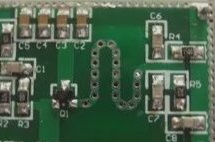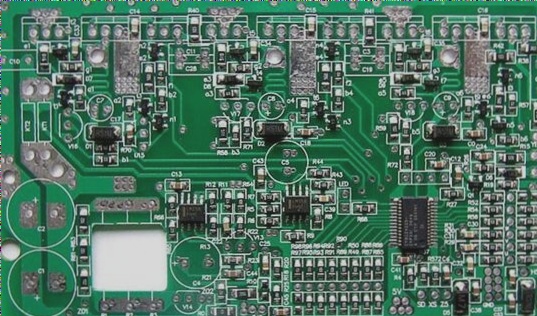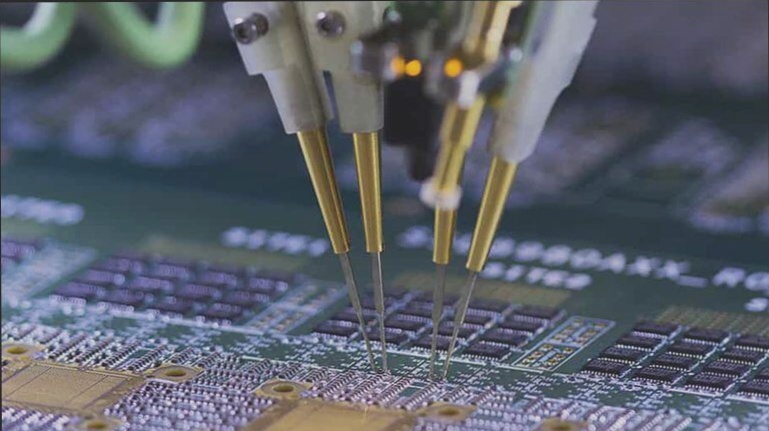The Latest Trends in PCB Cleaning Technologies
-
Semi-Aqueous Cleaning
Semi-aqueous cleaning technology combines organic solvents and deionized water, offering strong cleaning capabilities for various contaminants. It requires rinsing with water and drying post-cleaning.
-
Water Cleaning Advancements
Water cleaning technology is gaining traction as a sustainable cleaning method. It uses water as the main medium and incorporates additives for effective cleaning. However, challenges like high water consumption and rusting of metal parts persist.

-
No-Clean Technology in PCB Soldering
No-clean flux and solder pastes are revolutionizing PCB soldering processes, eliminating the need for post-solder cleaning. This technology reduces manufacturing costs and environmental pollution.
-
Solvent Cleaning Innovations
Solvent cleaning technology utilizes solvents to dissolve contaminants efficiently. It can be categorized into flammable and non-flammable agents, each with distinct characteristics and considerations.
Overall, the PCB industry is witnessing a shift towards more sustainable and cost-effective cleaning methods, with a focus on reducing environmental impact and improving efficiency.
Characteristics of Different Cleaning Processes
-
Chlorinated Hydrocarbons Cleaning:
Chlorinated hydrocarbons like dichloromethane and trichloroethane are powerful non-ODS cleaning agents with the following features:
- Effective in removing grease and dirt
- Can be steam washed and gas phase dried
- Non-combustible and safe
- Distillable, recyclable, and cost-effective
- Similar process to ODS agents
However, they are highly toxic, require careful handling, have poor compatibility with plastics and rubber, and may be less effective in cleaning. Ensure thorough residue removal.
-
Hydrocarbon Cleaning:
Hydrocarbons like gasoline and kerosene offer the following cleaning process characteristics:
- Effective grease and dirt removal with long-lasting cleaning ability
- Non-corrosive to metals
- Distillable, recyclable, and economical
- Low toxicity and minimal environmental impact
- Convenient for cleaning and rinsing
Main drawbacks include safety concerns, necessitating strict safety protocols.
-
PCB Alcohol Cleaning:
Alcohols like ethanol and isopropanol are common organic polar solvents in PCB cleaning, with the following characteristics:
- Effective in dissolving ionic pollutants, great for rosin flux
- Compatible with metals and plastics without causing corrosion
- Fast drying without hot air, good for dehydration
Main issues include high volatility and low flash point, requiring explosion-proof measures.




